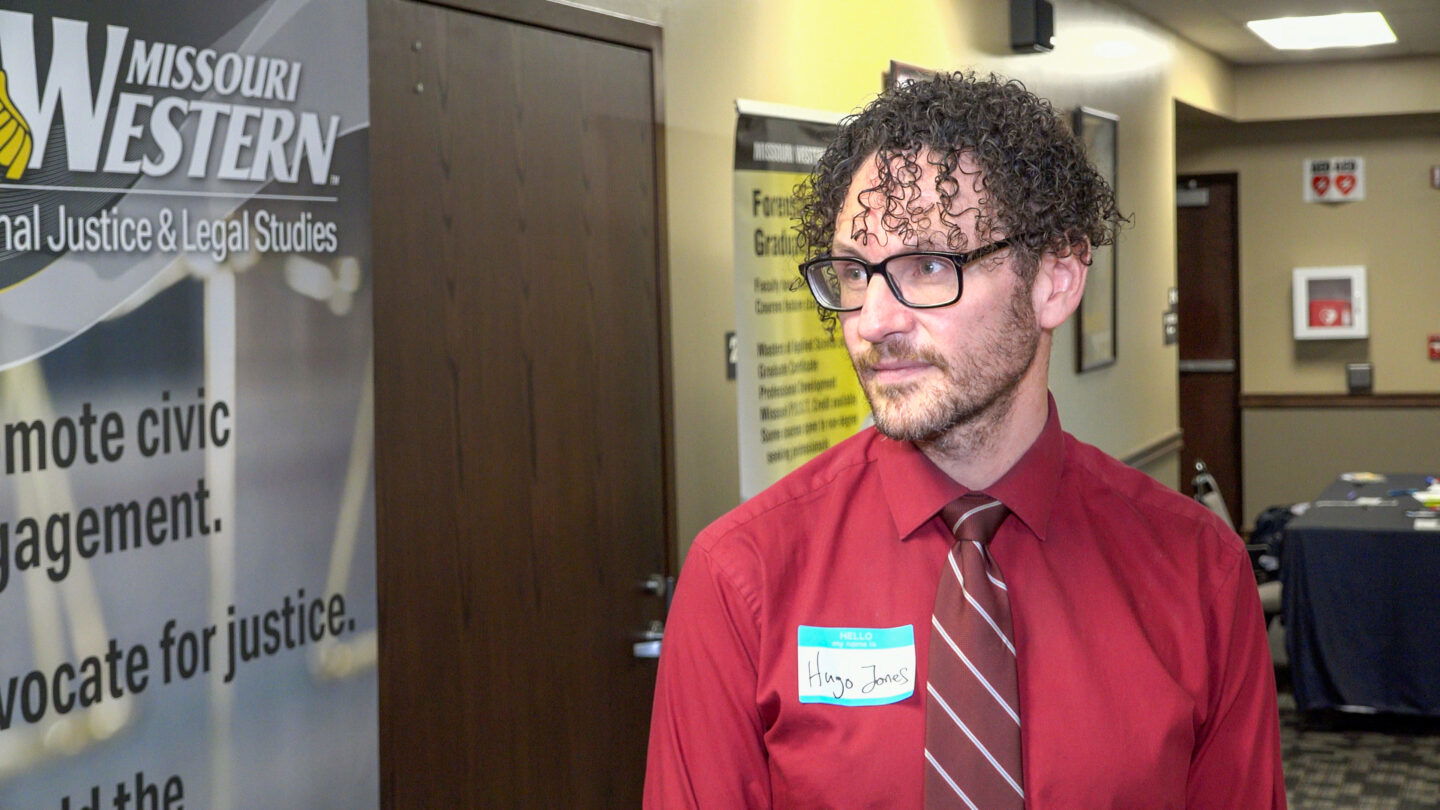Group gives aid to children of incarcerated parents

By Marcus Clem
People who have lost their freedom are often forced to leave young children behind, and nonprofit leaders visited St. Joseph to explain the scale of this problem.
Nationwide, more than 5 million children have one or more parents who are currently incarcerated, and more than 10 million children have a parent who was locked up during some portion of the child’s life — they are in jail awaiting trial, sentenced to prison or confined for inpatient psychiatric care, among other services. Ebony Underwood founded the group We Got Us Now in 2018 after she realized that her story of having a father who ultimately served 33 years in federal prison is hardly uncommon. These kids are said to be in need of help, regardless of what the justice system does with their parents.
“That’s the work of We Got Us Now, to ensure that we as an institution are working to uplift and support, and not have what has been in the past a historically invisible population,” Underwood said.
In speaking of invisibility, Underwood refers to the stigma in which children, even as they grow and enter adulthood many years after going through the trauma of family separation, feel ashamed that they are the child of someone who may have done something wrong. Underwood regards the notion that children of convicts are more likely to commit crimes themselves to be a harmful stereotype, yet the fear of association between parent and child remains.
“If we can move away from that, then that’s going to make a big difference for the children, but that’s going to take a lot of time and I think that there is something that we can do more immediately to help them,” said Hugo Jones, a St. Joseph resident who attended the event. He is studying to be a paralegal at Missouri Western State University, which hosted We Got Us Now.
One example of progress that has been realized by the nonprofit’s efforts is the adoption of a new federal prison rule. Thereby, parents can make phone calls to their children for free and remain involved in some capacity to a distance. The group is working to encourage each state to adopt this rule. The norm has been for prison phone conversations to be paid for by the recipient, in a collect call system.
The underlying cause of prison-related family separation has been the dramatic increase in the rate at which Americans are sent to confinement. Starting with the launch by then-President Richard Nixon in 1971 of the War on Drugs, national incarceration rates have skyrocketed.
“It catapulted to 800% over the last 50 years,” Underwood said. “I liken it to a tsunami that has stormed the country.”
Those interested in forming a local chapter can visit www.wegotusnow.org. The nonprofit has no physical headquarters but was founded in New York City.



